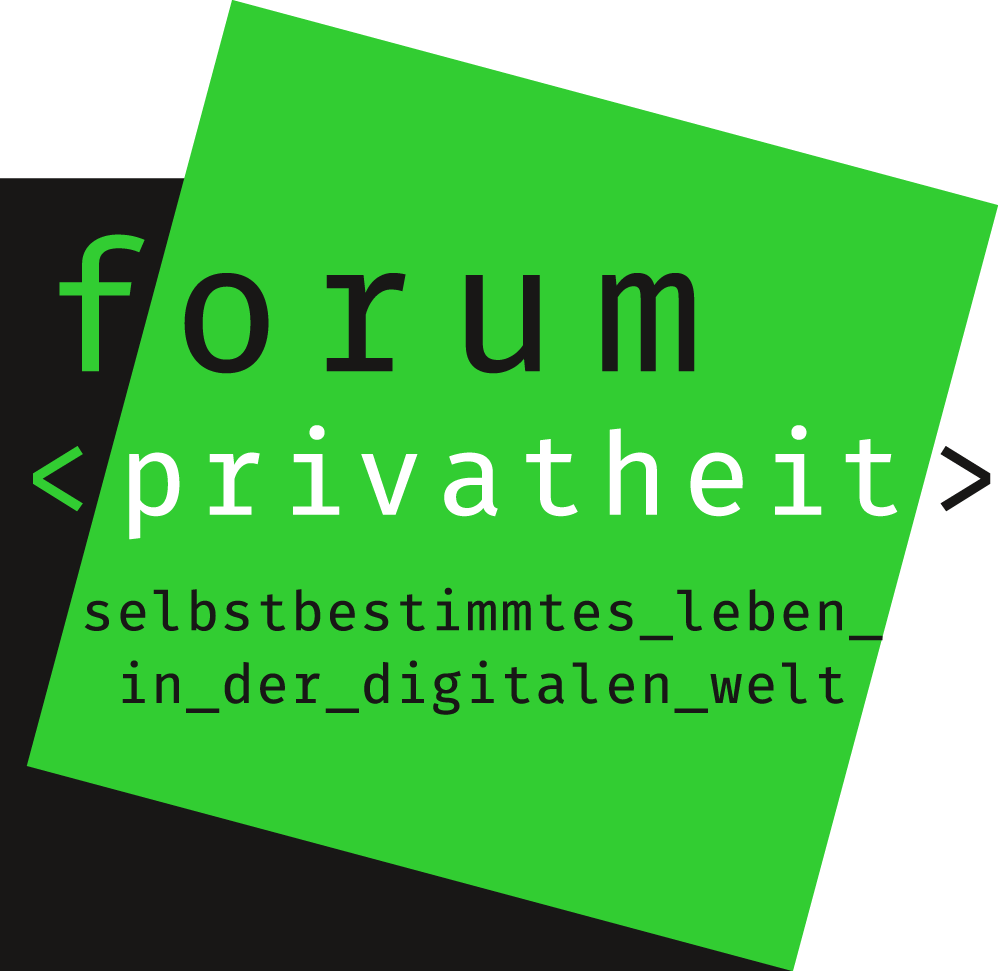Popular everyday appliances – like televisions – are increasingly connected to the internet and engage in the collection of personal data. The resulting data on user behavior, the transmission and processing of this data and the increasing complexity of smart technologies pose new challenges to privacy protection and informational self-determination. In the White Paper “Hidden Internet“, experts from the research network “Forum Privacy and self-determined life in the digital world“ outline the problematic aspects of smart technologies for privacy and how these issues might be addressed. The White Paper focuses on three applications – smart TVs, smart cars and wearable devices like smart watches.
Smart TVs or smart bracelets that are connected to other devices, services and manufacturers via the Internet of Things increasingly belong to the everyday life of society. Users welcome the internet-based services and functions of these smart appliances – but are often not aware of the extent to which their data are being collected, and processed. These problems are enhanced by the increasing complexity of smart technologies; it is almost impossible for users to follow whether and how personal data can be protected against unauthorized access or disclosure.
In the light of these changing framework conditions for privacy and data protection, the research network “Forum Privacy“ describes the risks that may result from using smart TVs, smart cars and wearables in its White Paper “The hidden Internet“. For instance, smart TVs already gather use and behavioral data when people are just watching television and even enable personal identification by photo, audio and video recording. This means that large segments of the population can be monitored. All this applies in a similar way to smart cars that record vehicle-related, driver behavior and environmental data and can transmit these to vehicle manufacturers or other transport users. Alongside information about driving style, location or route, the personal characteristics and habits of the drivers can be derived by linking this information with other data. This is also the case for so-called wearables – devices like smart fitness bracelets or smart watches that are worn in contact with the skin. The health data wearables gather allows detailed insights into the private lives of users.
Peter Zoche, who coordinates the research activities of the Forum Privacy Project at Fraunhofer ISI, cites some of the main problems and design potentials for manufacturers, users and policymakers: “The demand for informational self-determination is faced with non-transparent data trading and concealed data collection. On top of this, it is often hard to change the default settings of smart devices. And if users want to take action themselves to ensure greater data protection, they are confronted by a flood of information and complex terms and conditions“. According to Zoche, networked devices and applications should have privacy-enhancing settings (privacy by default), take users’ information requirements into account and have visual or acoustic signals that alert users to possible data transfers.
Furthermore, in future, political and legal regulations should ensure that smart technologies are more in line with the principles of data protection. Appropriate conditions for guaranteeing privacy in the digital age could be created using sanctions, as well as by enforcing EU data protection legislation. Alongside state institutions and initiatives, however, industry must also contribute by making data protection a core design element when introducing new smart devices and applications (privacy by design). Last, but not least, users themselves will need to handle their personal data and the associated risks with greater awareness.
In the Forum Privacy Project, which is funded by the German Federal Ministry of Education and Research (BMBF), national and international experts from different disciplines address the issues surrounding privacy protection over a period of three years. The project is coordinated by Fraunhofer ISI, and the partners are Fraunhofer SIT, the University of Hohenheim, the University of Kassel, the Eberhard Karls University of Tübingen, the Unabhängige Landeszentrum für Datenschutz Schleswig-Holstein and the Ludwig-Maximilian University of Munich. The research results of the Forum Privacy Project are intended not only as input to scientific debate, but also to be of use in educating normal citizens regarding privacy protection.


